Before you leave...
Take 10% off your first order
10% off
Enter the code below at checkout to get 10% off your first order
Call us at 77778586 or Live Chat 👇
Free shipping above €70
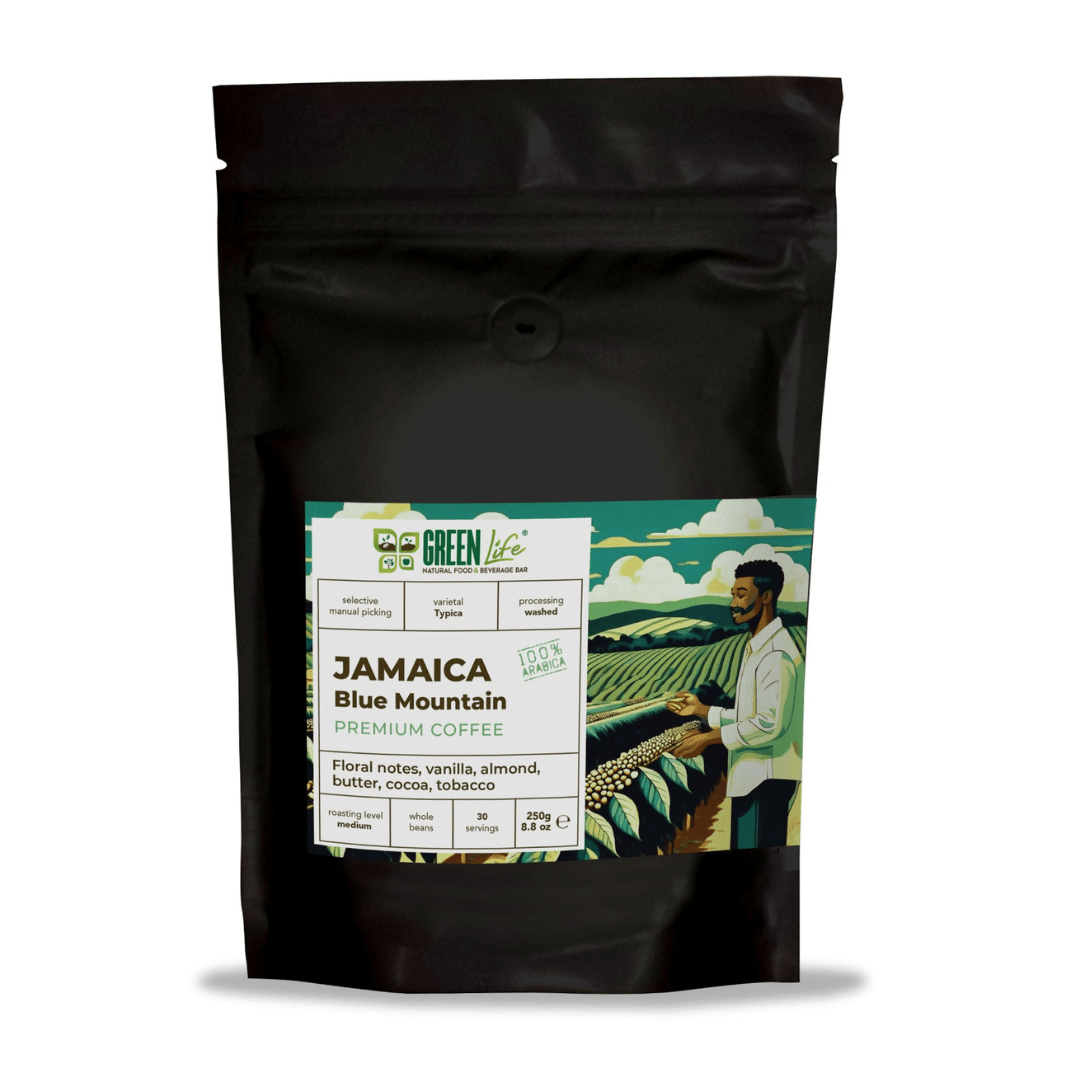
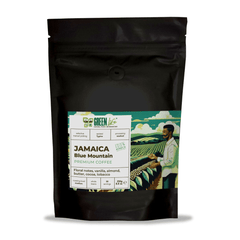

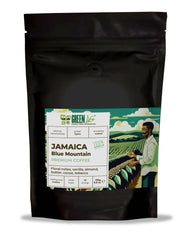
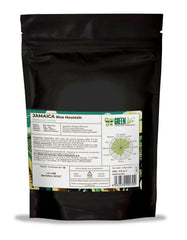
Couldn't load pickup availability
Free standard shipping on orders above €50 in Cyprus
Estimated to be delivered within 2 to 4 working days.
You may return most new, unopened items within 30 days of delivery for a full refund. We'll also pay the return shipping costs if the return is a result of our error (you received an incorrect or defective item, etc.).
You should expect to receive your refund within four weeks of giving your package to the return shipper, however, in many cases you will receive a refund more quickly. This time period includes the transit time for us to receive your return from the shipper (5 to 10 business days), the time it takes us to process your return once we receive it (3 to 5 business days), and the time it takes your bank to process our refund request (5 to 10 business days).
If you need to return an item, simply login to your account, view the order using the "Complete Orders" link under the My Account menu and click the Return Item(s) button. We'll notify you via e-mail of your refund once we've received and processed the returned item.
Melted butter, cocoa and tobacco
Precious and exclusive with elegant floral notes and hints of vanilla, almond, melted butter, cocoa and tobacco; delicately acidic with a persistent aftertaste and notes of cocoa
Quality score: –
Variety: Typical
Processing: Washed
Region: Blue Mountain
Harvest: November – April
Altitude: 1800 – 2350 m
Farm: Wallenford Estate
Producer: George McPherson (CEO)

Based on the roasting style of our roasters Andrea and Fabrizio, we suggest two recipes, for espresso and for filter (V60) that you can use as a starting point to emphasize the flavors of this specific batch. You can also enjoy this coffee with other extraction methods, using our suggestions as a starting point to obtain the sensory nuances you prefer, to be adjusted based on the degree of grinding, the characteristics of the water and the equipment you use.


Wallenford Estate
Having left for Jamaica in 1746 as an admiral in the British Navy, Irishman Matthew Wallen settled in the Blue Mountains to pursue his passion as a botanist; he began growing coffee and purchased the property he called Wallenford Estate, which, at 250 years old, is the oldest and largest on the island. The company currently manages approximately 5,000 acres of land for the production of Jamaica Blue Mountain Coffee, working with farmers and supporting their businesses and the surrounding communities. One of Wallenford's key social projects is to provide infrastructure and resources to help farmers improve their yields and support their families with education and health programs. The improved well-being of the communities has been reflected over time in a steady increase in the quality of the coffee produced.
Jamaica
The history of coffee in Jamaica began in 1728 when Sir Nicholas Lawes introduced the first plant in the St. Andrew area, starting the cultivation of coffee; the main production area is located in the Blue Mountains, the mountain range located in the eastern part of the island, with plantations that reach 2300 meters above sea level. Over the years, cultivation spread to other areas of the island, becoming one of the main agricultural activities of the country. The Blue Mountains are the ideal place for growing coffee thanks to the fertility of the soil, abundant rainfall and nighttime formation of fog that hydrates the plants. The main varieties grown in Jamaica are Blue Mountain and High Mountain, both appreciated for their rich and aromatic taste, balanced acidity and velvety body; the aftertaste is very persistent and gives sweet and complex aromas in the cup.
Blue Mountains
The Blue Mountains are Jamaica's premier coffee growing region, with high elevations of up to 2,300 meters above sea level; the area spans four parts of Jamaica, St. Andrew in the south, Portland in the north, St. Mary in the west, and St. Thomas in the east. The cool, foggy climate, abundant rainfall, and rich soil contribute to the complex and unique flavors that are characteristic of coffee from this area. Plantations are located between the mountain peaks, surrounded by lush vegetation and protected from the wind and sun, creating an ideal environment for coffee plants to grow. Rising to an impressive 2,350 meters, the Blue Mountains are some of the highest mountains in the Caribbean, providing breathtaking views of the region. The combination of all these elements makes the Blue Mountains one of the world's best coffee growing areas.
Only coffee grown in this specific geographical region is certified “100% Jamaica Blue Mountain,” a trademark protected globally by certification issued by the Coffee Industry Board of Jamaica.
Typica / Jamaica Blue Mountain
Typica is one of the original Ethiopian landraces that helped develop coffee cultivation around the world; brought to India around 1700, in 1706 a single Typica plant was brought from Java to Amsterdam and housed in the botanical garden; from there a plant was shared with France in 1714. In 1719 from the Netherlands the variety was sent on the colonial trade routes to Dutch Guiana, then to Martinique in 1723, Jamaica in 1730, Santo Domingo in 1735 and Cuba in 1748.
Because the variety is low-yielding and highly susceptible to major coffee diseases, it has gradually been replaced in much of the Americas but is still widely grown in Peru, the Dominican Republic and Jamaica, where it is called Jamaica Blue Mountain.
Washed
Harvesting the drupes
The coffee drupes are hand-picked to ensure the perfect level of ripeness of the fruit and delivered the same day to the washing station for processing.
Peel and pulp removal
The first processing phase consists in the mechanical removal of the peel and pulp of the fruit in order to separate the green coffee beans that will be subsequently fermented in water. The processing waste, peels and pulp, will be used as natural compost to nourish the plants.
Fermentation in water
The coffee beans are immersed in water in fermentation tanks, where they will remain for a period that varies from 12 to 24 hours depending on the external climate. After fermentation, the coffee beans are passed through special rinsing channels where the mucilage still present will be removed.
Drying
The coffee beans are now placed on raised beds (African bed) and left to dry in the sun for a period of time that varies from 3 to 4 weeks. This slow procedure will allow to obtain homogeneous beans with a final humidity percentage between 10% and 12%.
Packaging and moisture reduction
After drying, the coffees will be packed in jute bags and stored in the warehouse for about 1 month; this process helps to further standardize the percentage of humidity thus avoiding the risk of mold formation during sea transport.
Decortication
Once the right level of humidity is reached, the parchment is removed from the coffee bean through a roller machine. The coffee is then placed permanently in jute bags and made ready for shipping.
While Green Life strives to ensure the accuracy of its product images and information, some manufacturing changes to packaging and/or ingredients may be pending update on our website. We recommend that you read labels, warnings and directions of all products before use and not rely solely on the information provided by Green Life.
You may return most new, unopened items within 30 days of delivery for a full refund. We'll also pay the return shipping costs if the return is a result of our error (you received an incorrect or defective item, etc.).
You should expect to receive your refund within four weeks of giving your package to the return shipper, however, in many cases you will receive a refund more quickly. This time period includes the transit time for us to receive your return from the shipper (5 to 10 business days), the time it takes us to process your return once we receive it (3 to 5 business days), and the time it takes your bank to process our refund request (5 to 10 business days).
If you need to return an item, simply login to your account, view the order using the "Complete Orders" link under the My Account menu and click the Return Item(s) button. We'll notify you via e-mail of your refund once we've received and processed the returned item.
Domestic Shipping (Cyprus): Free Delivery: Orders over €50 Orders Under €50: €2.50 for door delivery, free to ACS Orders Under €20: €2.50 for door delivery, €1.50 to ACS Delivery Time: 1-2 working days
International Shipping: EU Delivery: €19.90, 5-7 working days Worldwide Delivery: €29.90, 10-12 working days
Important Note: Delivery times may extend during holidays.
Customs Information: EU Customers: No customs fees. Non-EU Customers: Customs duties may apply. Check with your local customs office for details.
Thanks for subscribing!
This email has been registered!
Before making a purchase, please make sure to check out our Shipping & Delivery Policy.
If you have any questions about these terms, please contact us here .

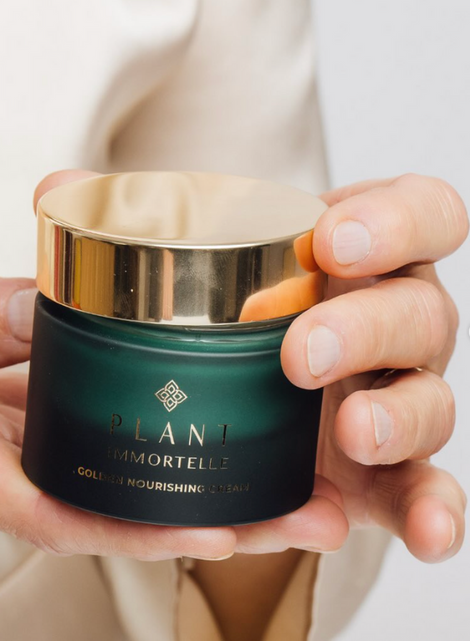
Take 10% off your first order
Enter the code below at checkout to get 10% off your first order